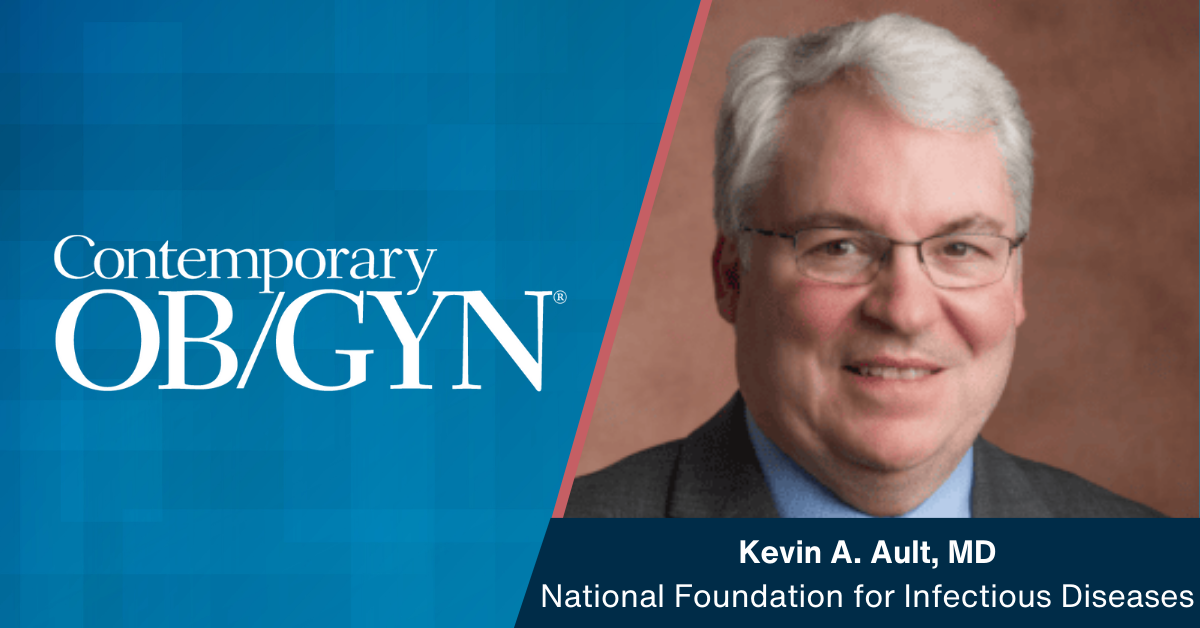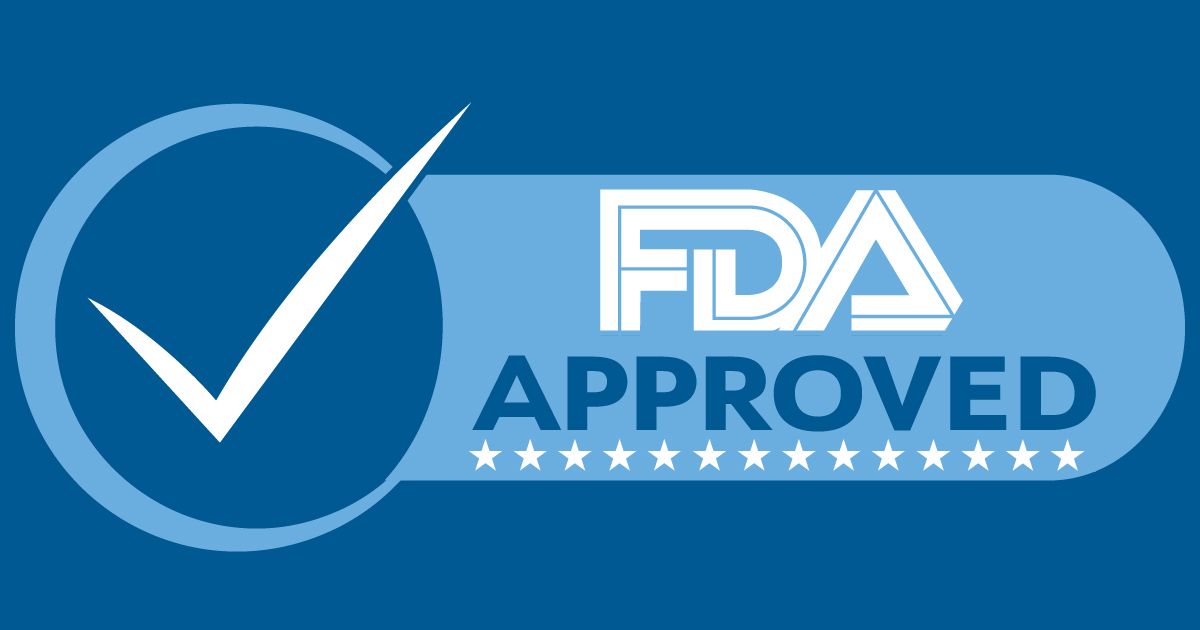On the Pulse

Prenatal use of the psychoactive drug benzodiazepines is not a major risk factor for altered neurodevelopment in early childhood, despite crossing the human blood-placenta barrier, according to a review in Neurotoxicology and Teratology.
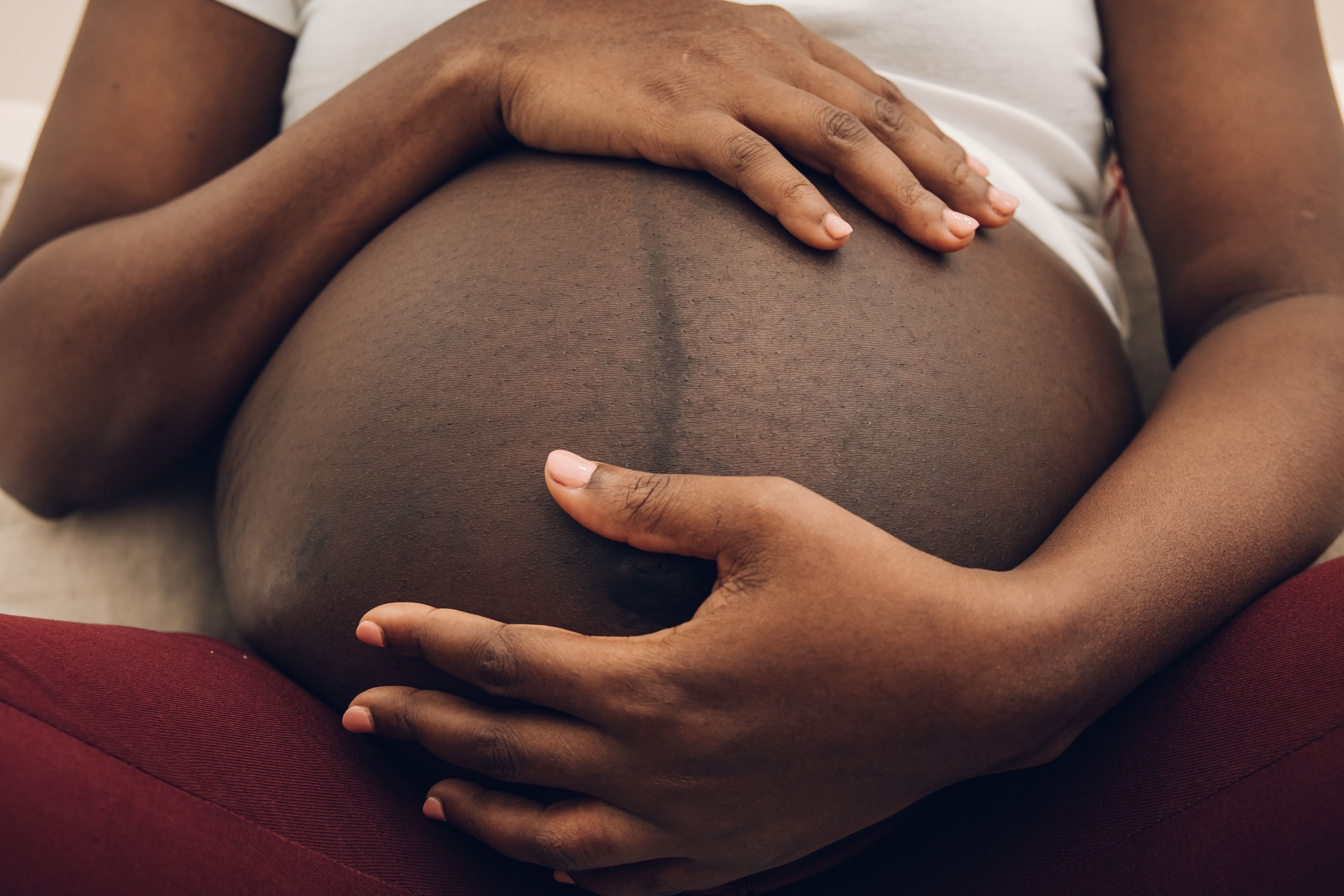
The disproportionate negative impact of sociopolitical stressors on Black women and Latinas in the United States exacerbates prenatal anxiety in these 2 groups, according to a review and recommendations published in the journal Frontiers in Psychiatry.

The FDA recently issued a statement warning the public of the risks and potential false results obtained with noninvasive prenatal screening tests, noting that inappropriate usage and interpretation has resulted in improper medical decisions.

An integrated model for prenatal care that incorporates both virtual and in-person visits has been well-received by patients and health care providers alike, according to a review in the Journal of Midwifery & Women’s Health.

Prenatal attachment levels were enhanced among pregnant women who were pleased with their appearance and body, displayed a positive attitude about their physical fitness, and engaged in practices that bolstered their health and physical capacity, according to a study in the Journal of Obstetric, Gynecologic & Neonatal Nursing.
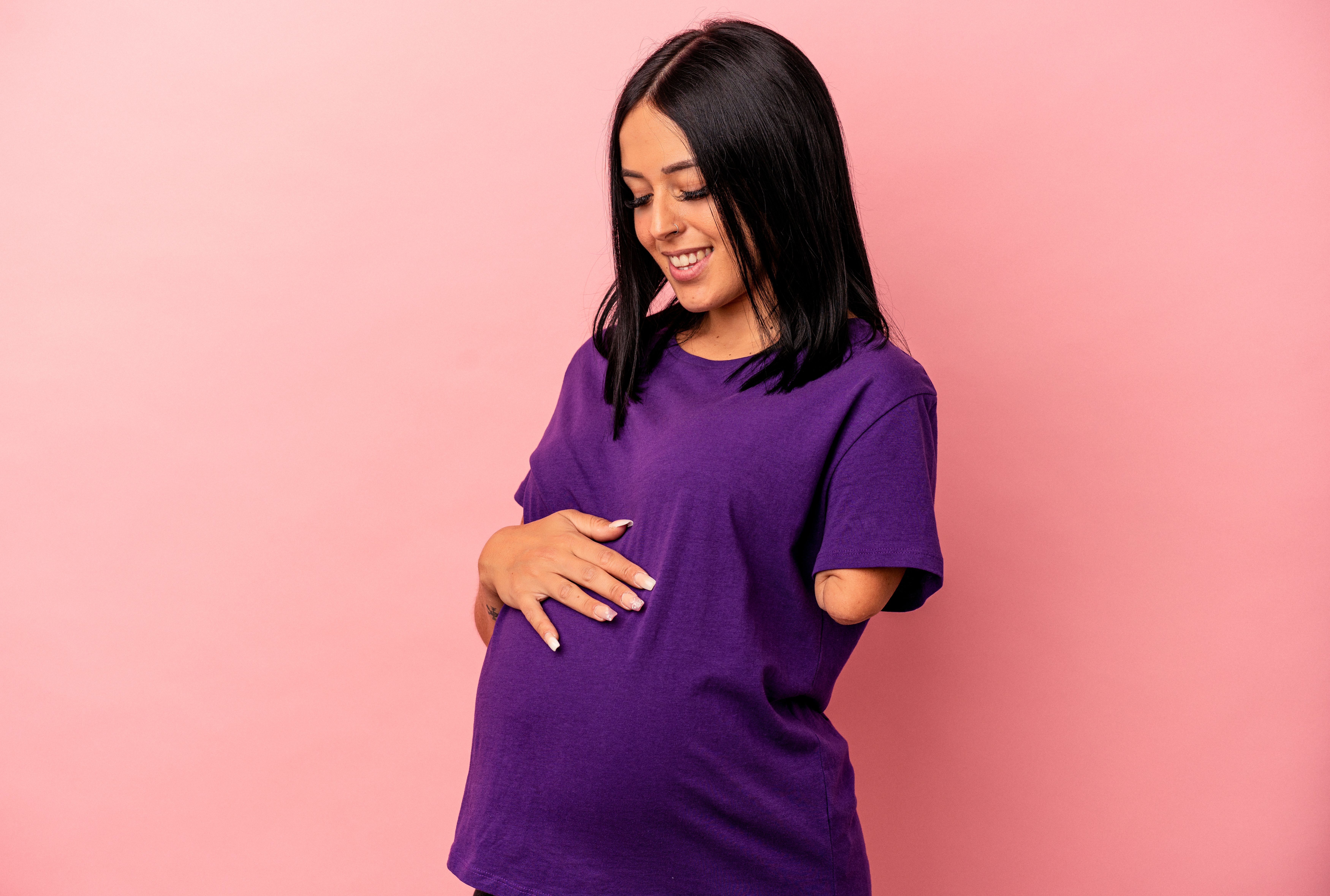
A study published in American Journal of Preventive Medicine compared prenatal care in women with various disabilities.

Because the treatment options for imminent extreme premature labor center largely on patient preference, decision aids (DA) can help facilitate the patient-provider discussion and guide the shared decision-making process.

An oral concurrent session at SMFM’s 42nd Annual Pregnancy Meeting highlighted an analysis of pregnancy outcomes after optimal prenatal opioid use disorder care.

An oral abstract presentation at SMFM’s 42nd Annual Pregnancy Meeting explored cfDNA testing and participants’ knowledge and willingness of genetic data sharing.

Through its new Visiting Scientist Program and Digital Innovation Fellowship, Maven aims to improve its care model and continue improving prenatal health outcomes.

Protocol 5 - In this protocol, Norton reviews the pathophysiology of fetal aneuploidy and the wide range of tests for it. Included are perspectives on cell-free DNA testing, first-trimester combined screening, nuchal translucency (NT) sonography, and pregnancy-associated plasma protein A (PAPP-A) and human chorionic gonadotropin (hCG), as well as quad marker screening in the second trimester in appropriate cases, and combined first- and second-trimester screening.

Recommendations for maternity care professionals based on MiPATH.
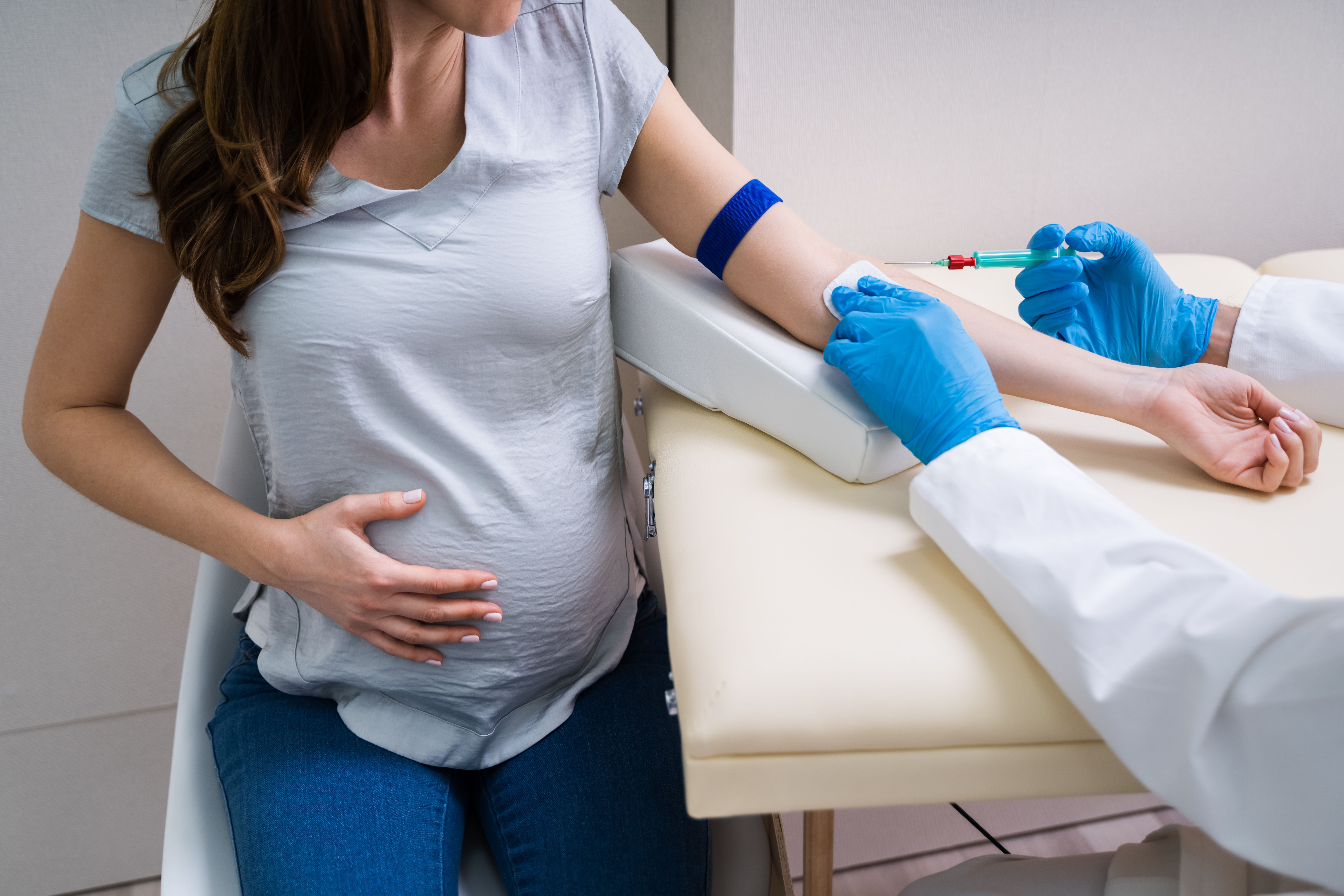
An experimental blood test uses plasma cell-free RNA (cfRNA) to accurately predict preeclampsia as early as 16 weeks

Investigators suggested the prevention of exposure during pregnancy could help control atopic dermatitis and other potential allergies in pediatric populations.

A study in JAMA Network Open has found that prenatal analgesic opioid exposure of 5 or more weeks is associated with a slightly elevated risk of attention-deficit/hyperactivity disorder (ADHD) in children compared to exposure of 4 weeks or less.
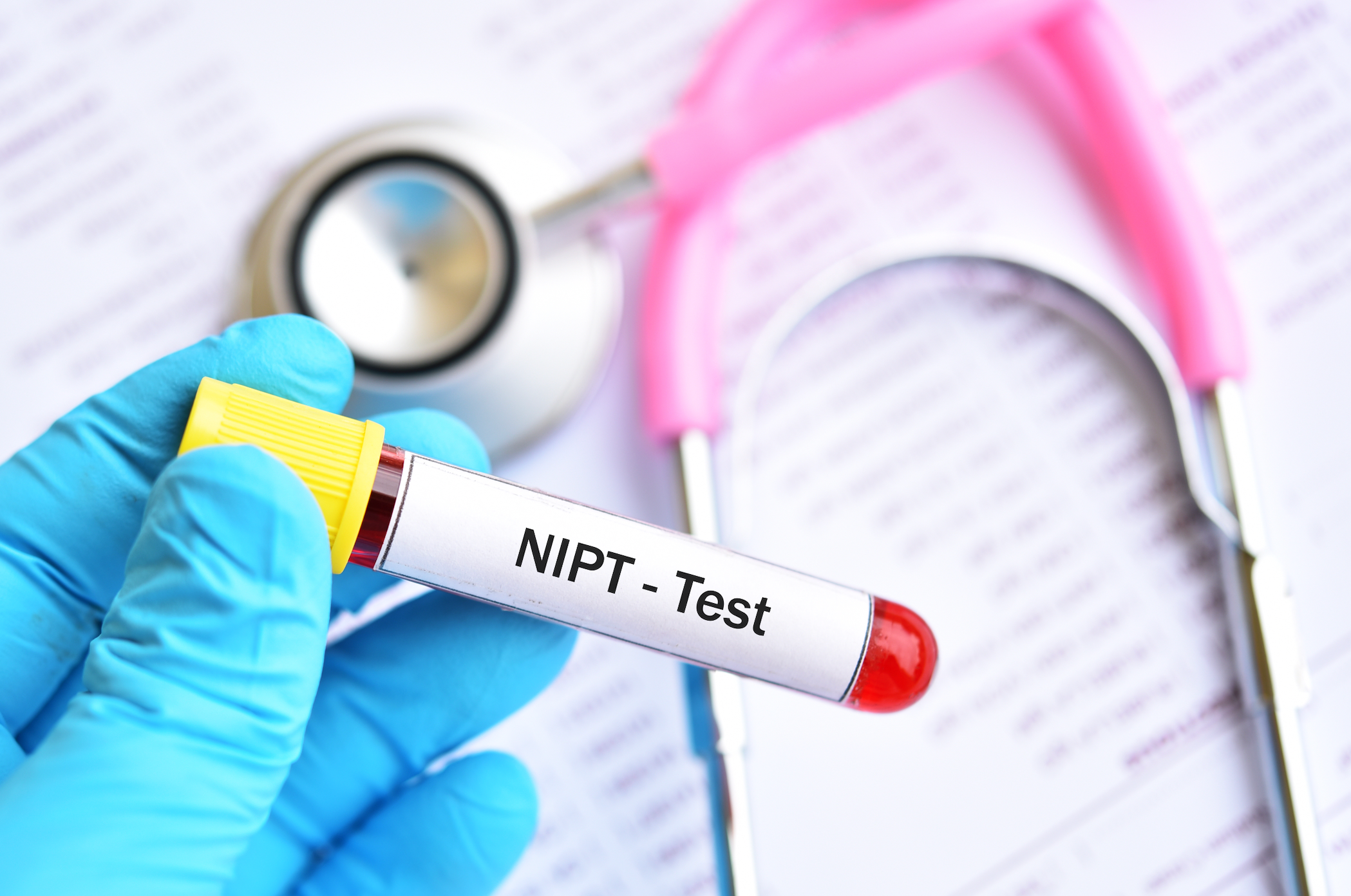
The 'routinization' of noninvasive prenatal testing (NIPT) and the increasing pressure to test and/or terminate affected pregnancies are 2 major ethical concerns of NIPT.
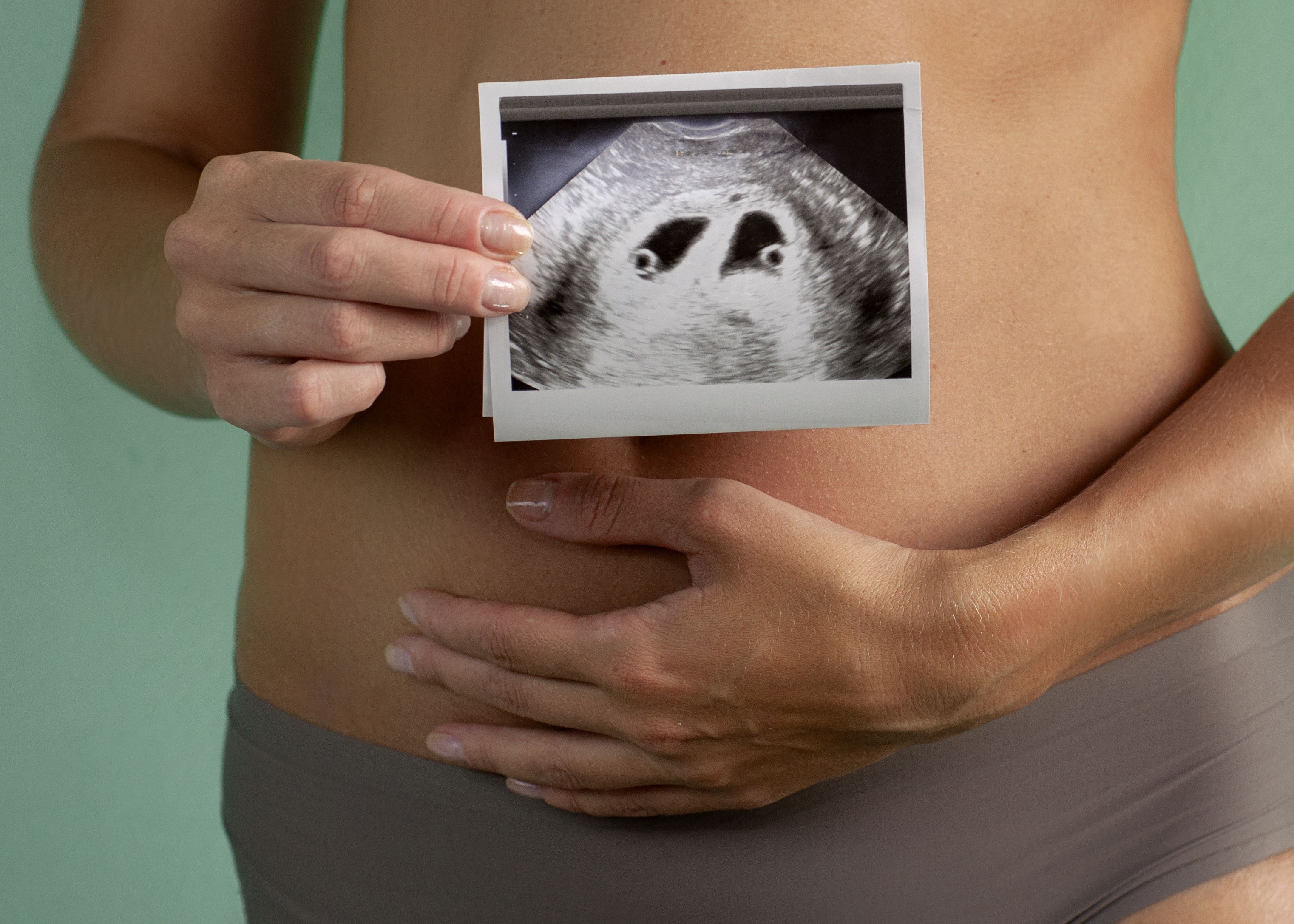
Clinicians should carefully consider using noninvasive prenatal testing (NIPT) for the screening of chromosomal abnormalities in twin pregnancies because the combined positive predictive value (PPV) is limited and the screening efficiency is not stable, according to a prospective study.

